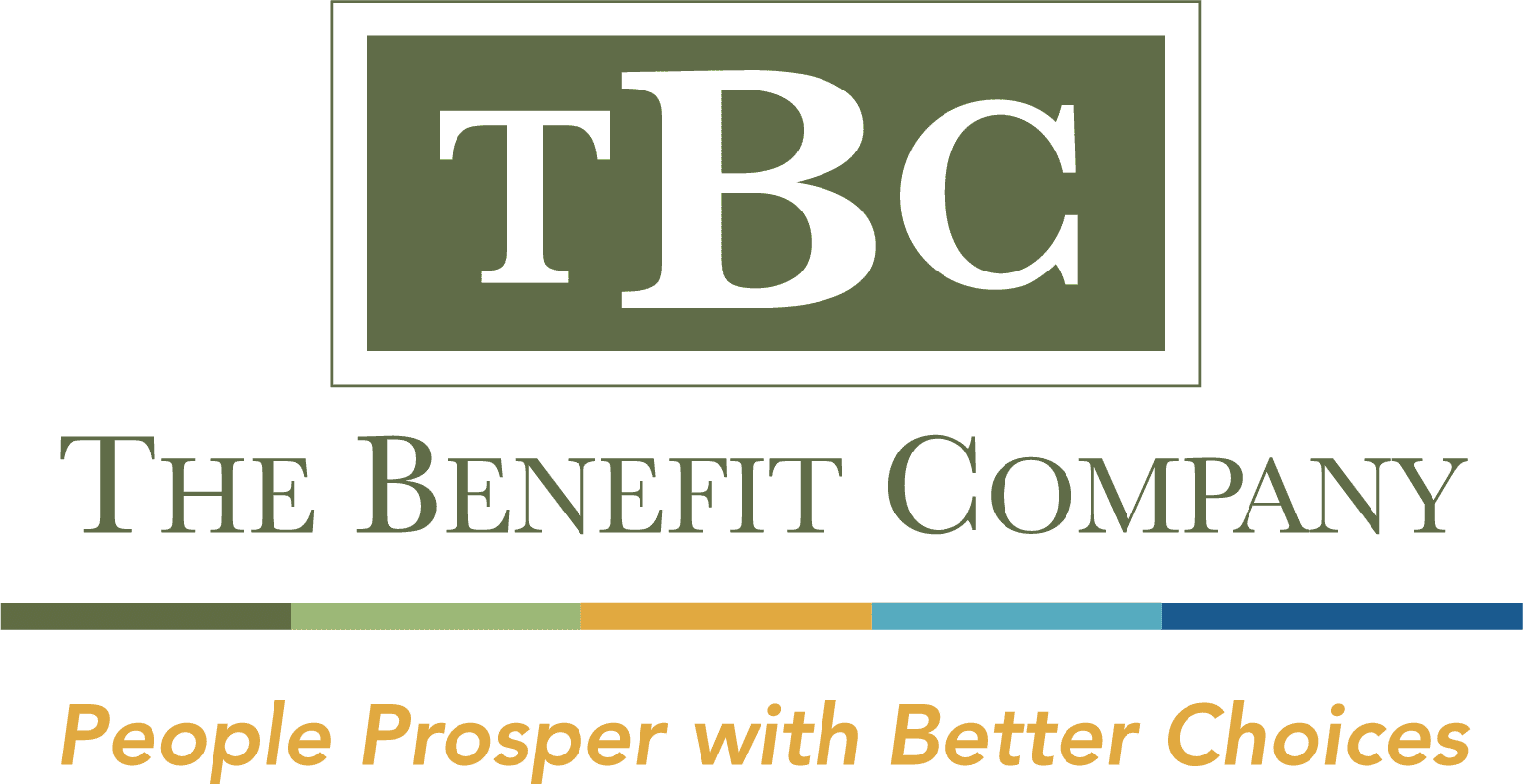My dad often mentioned to me a line out of a Robert Browning poem, “…a man’s reach should exceed his grasp, or what’s a heaven for?” It took me years to grasp its’ meaning, yet now I recognize the phrase offers guidance to relish one’s journey.
Knowing healthcare perfection is beyond reach, our company’s journey is to help fix the broken healthcare system for America’s employers.
We humans like sure bets – facts. Many employers will not go on the journey of fixing healthcare because of the uncertainty of making a difference. Uncertainty increases from complexity and misunderstanding, and healthcare is full of those two things.
Other employers will not go on the journey because of the emotions surrounding change. “What if we make a change that creates a challenge for an employee?” “What if we make a change that tells someone to try a different facility?” “We don’t want to be in our employee’s business – healthcare is personal.”
Ethics is less about the study between right and wrong and more about the study of the greater right over the lesser right. To that end, perhaps the questions above have us looking through the “less correct” lens.
The “greater right” may involve us asking what will happen to our benefits if we stay on an unsustainable cost trend? Will we be able to maintain future wages and jobs based on “our” healthcare trend? Does the most employee-friendly thing we can do long-term involve ensuring we make incremental changes now to sustain our offerings for the next decade (Note: Incremental change does not refer to plan design and premium cost-shifting)?
When we let the industry say yes to everything, that same industry will find uncanny ways to drive costs higher for everyone. It does not have to be that way!
There are increasing areas in healthcare where proof of incremental progress is within reach. Among others, progress is accessible within:
- Transparency and flexibility brought to Pharmacy Benefit Management programs;
- Increased utilization (true engagement) in disease management programs;
- Steerage to higher quality providers; and,
- Increased member adherence to medical treatment norms.
We see large companies with critical mass are more comfortable innovating because their confidence grew after their law of large numbers allowed them to prove results. Small employers find it a little harder to “prove a negative” (e.g., we did X, and Y happened), yet their enterprising spirit leads to a more probable leap of faith.
Will mid-sized employers and their advisors ever perfect healthcare? No, probably not. Yet, momentum to improve the system begins with one step – a decision to challenge the status quo. I can say the following with absolute certainty: Maintaining the status quo is a dangerous strategy. While perfection is not within our reach, progress is. There will be winners and losers, and I am increasingly excited about the number of employers willing to go on the journey.
- Self-funding
- Employee Benefits Captives
- Data Analytics
- Population Health Management
- Absence Management
- Ancillary Benefit Procurement
- Employee Engagement
 The Benefit Company
The Benefit Company
